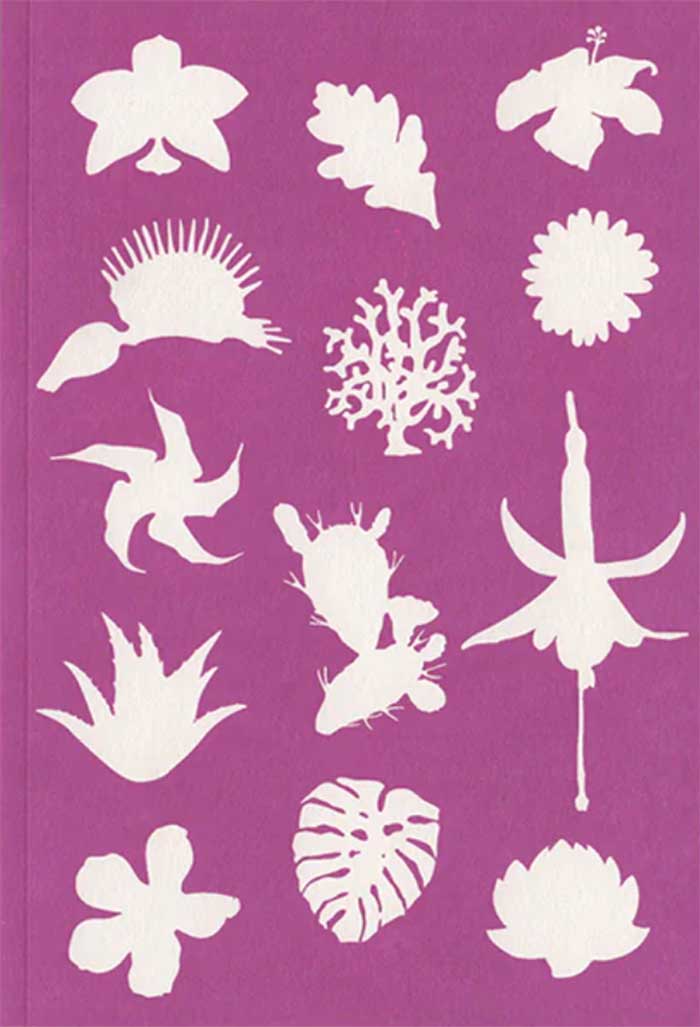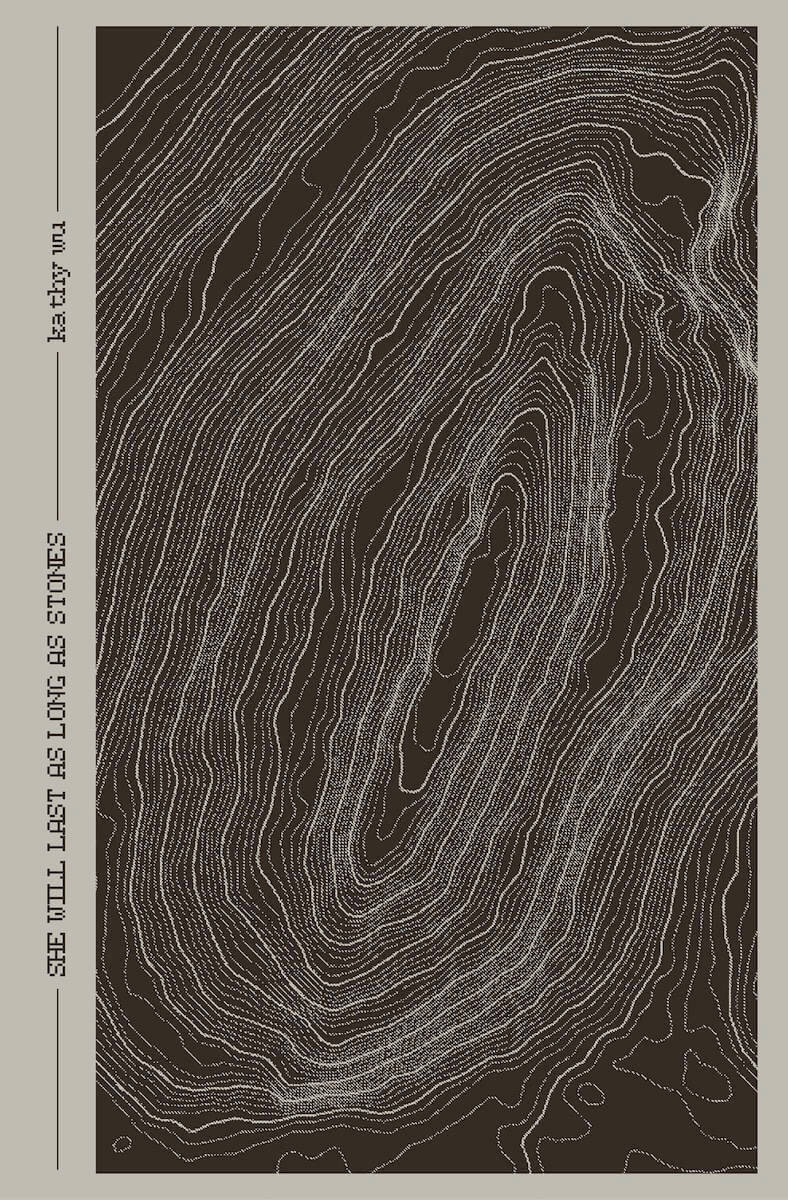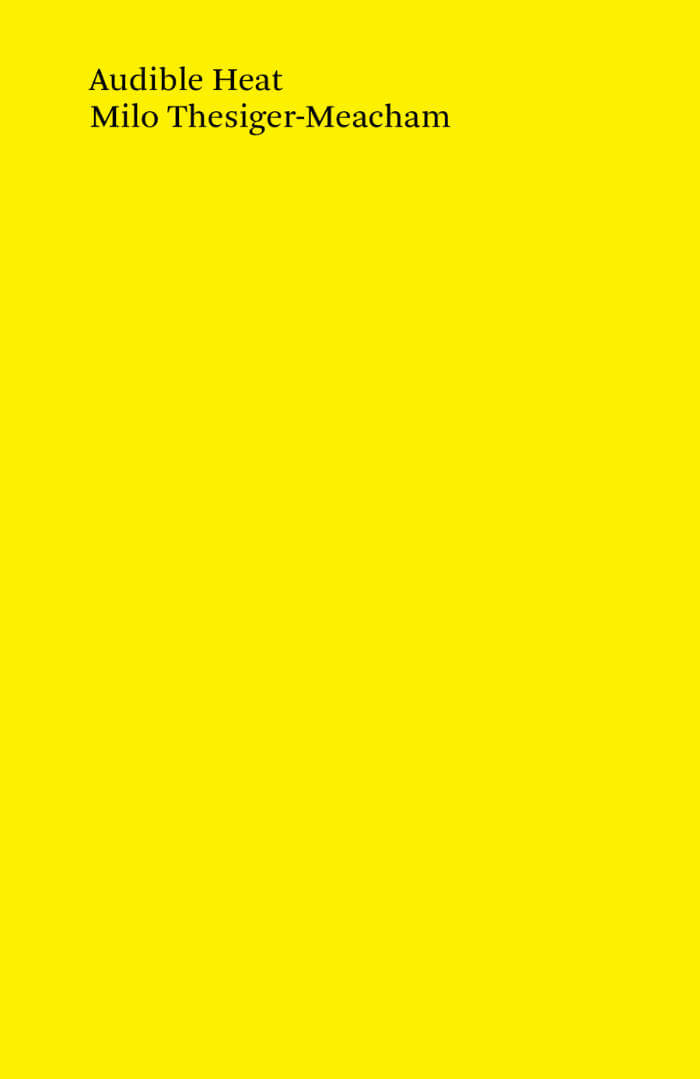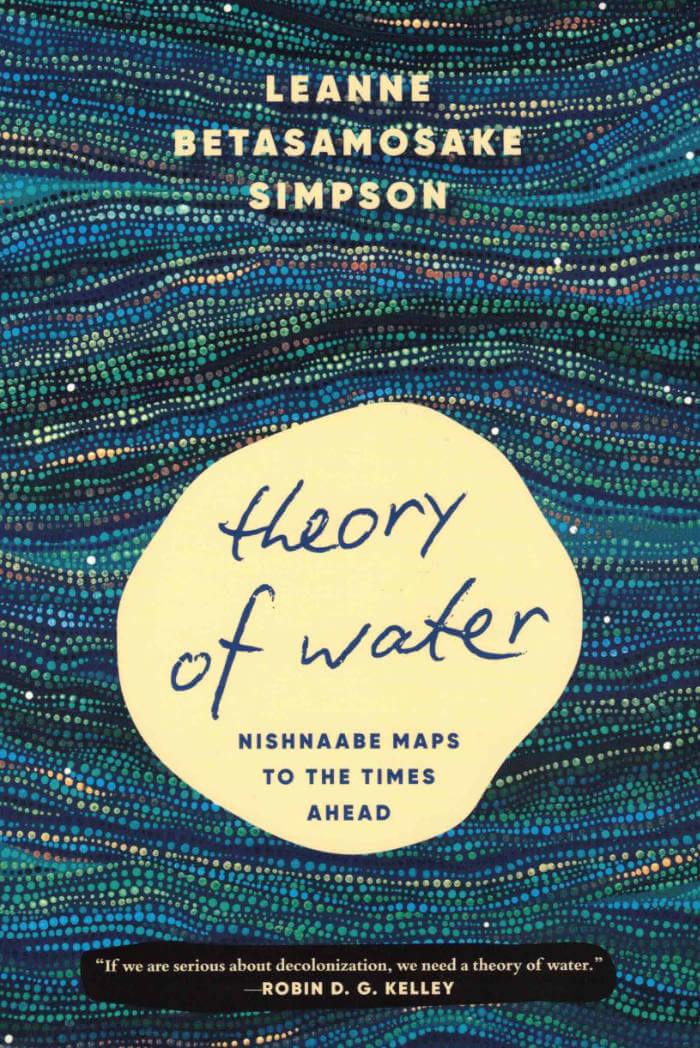
Compost Reader vol. I
Institute for Postnatural Studies
Tongues as long as branches, cockroaches in a ‘hot-history’, the revival of extinct plants, pre-patriarchal paranthropology, thinking with toxic plants in contemporary art, digestive ontologies in a spiral, capitalist bruxism, a business school run by eukaryotes, a society where we pay to eat celebrities, a chumbo, and 800g of bonito tuna fish are some of the matters fermenting in this COMPOST READER.
From Cthulhu Books, we think of the upcoming world as a big Compost. Of composting as a new relational ontology, as our earthly condition. Composting makes us a single planetary material (humans, being, objects, technologies). It is the past and the future. Its space, place, and it’s matter. It is a world as a whole, in which there are no separate natural and social realms, where there are celebratory rituals, entanglements, and interrelationships. Cultivating awareness from questions more than from answers, from uncertainty and doubt.
This book talks about beginnings, new relationships, unstable ways of doing, thinking and being, letting questions breed new questions.
With Claudia González,
Adrian Schindler and Eulàlia Rovira,
Gerard Ortín,
Jonathon Keats,
Marianne Hoffmeister,
Yamil Leonardi,
Ricardo Quesada,
Sonia Fernández Pan,
Azucena Castro,
Mónica Mays,
Michael Wang
and Lucrecia Masson.






